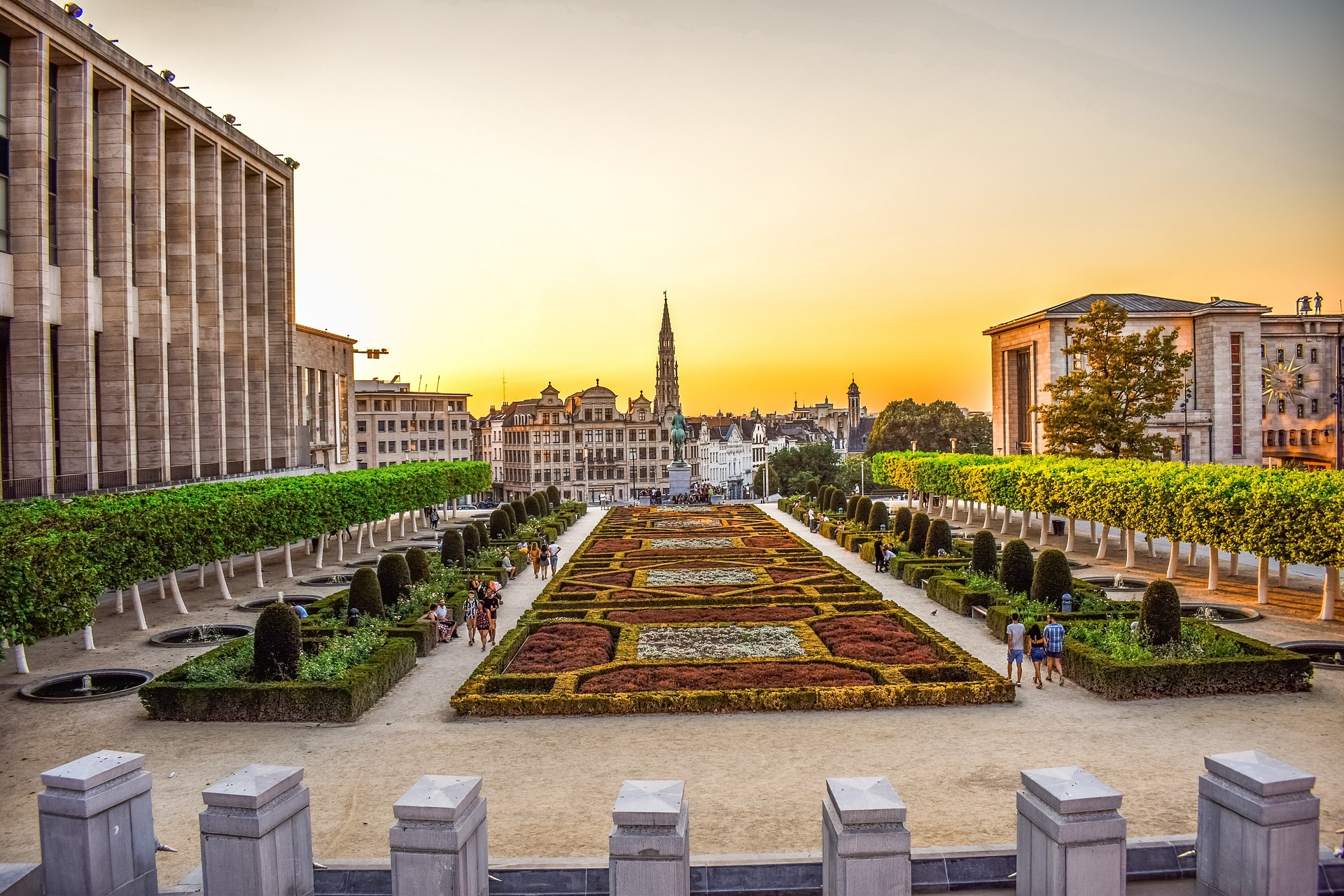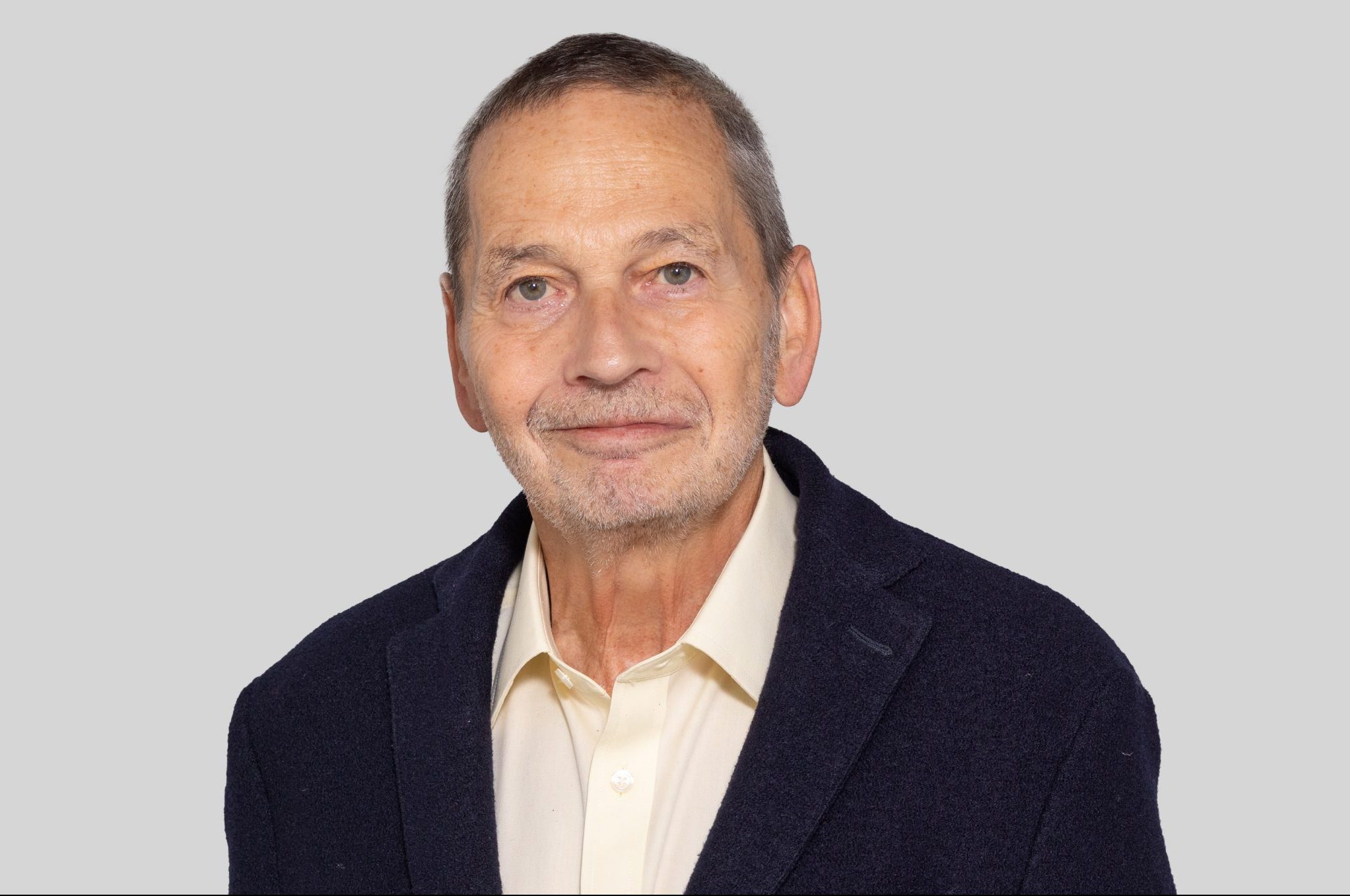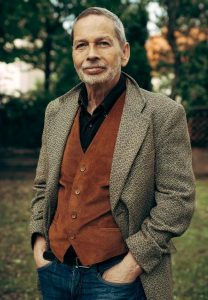
MCC Brussels "promises to be a new forum for European debate and to shake up the discussion on the big issues that face the continent".Continue reading

Yes, a little bit like that. I think its quite important that the EU oligarchy’s monopoly on what can or what cannot be said is challenged. It is quite important that we offer a counter-narrative to the one that the EU projects, not just about Hungary, but about any value or tradition that is associated with the legacy of European civilization. We have to prevent the EU from putting a quarantine around those ideas and around Hungary by saying that these are unacceptable, these voices cannot be heard. We are not here to simply criticize what someone is doing, instead, we have our own independent way of operating. That is why I was very excited about taking on this job, because we are not only going to react when Hungary is attacked saying, “no-no, its not true”. We are going to take the initiative to get the other side to react to us. We are trying to maintain our own intellectual orientation. That is why we are employing not just Hungarians, or people associated with Hungary, but Germans, Spaniards and others so that we have a broad European representation.
In the first instance we have to forge a relationship with the media that is currently quite hostile to us. It is through the media, and their reaction to us is that a lot of people will hear about us. Not just in Belgium but broadly speaking in Europe. We have a very clear media strategy that is working quite well. They have noticed us, they have written about us. Some of the things they have written about us was pretty good, it was not as horrible as one would expect.
By having a media strategy you are doing two things: you are both communicating your message to a wider audience but also, in a sense, you are putting a pressure on the EU bureaucracy. They know that they will no longer have the monopoly on what is being said, because there is also another point of view that is being articulated.
So the target audience is both the media, but its also people here in Belgium.
We are trying to produce a material of a higher intellectual value that could be taken up by other people in other parts of Europe. It is a very ambitious project from that point of view.
This is not an ordinary thinktank. We are getting scholars and professors to do serious research which could provide an intellectual focus that is really missing at the moment. The thinktanks in Brussels seem to have gone to sleep and they very rarely do any serious work. I think they have given up on that. So its time that we had a particularly solid conservative projection of intellectual values that is based on sound research.
This is our short term strategy, but we have a long term one as well. If the first works, we will have a chance to put pressure on policy makers, but we cannot directly do that because of the hostility we are likely to encounter. So the strategy is to outflank them, and the way you do this is meeting the media, but also taking up issues that they do not want to touch. They think if you are a Hungarian, all you are interested in is the issue of illegal migration. But we are going to be making conferences on things like what are museums for, what is their purpose. Or why education in Europe is going downwards. We are doing a lot of stuff on cultural, educational matters and geopolitical issues because there is a real gap there.

Frank Füredi. Photo: frankfüredi.com
I do not think we can antagonize them any further, I think they reached the limit. I am fairly optimistic though. If we do not take a defeatist position, but are looking for openings instead, we do not play the roles that are assigned to us, then I think you can find that there is a real appetite for the kind of stories and the research that we are producing. We have our first inaugural conference on Tuesday, and there will be people speaking who do not usually speak on a traditional conservative platform.
But we are trying to create a home for dissidents who know that the culture-wars need to be resisted and who are prepared to open their minds.
It does not matter where they come from as long as we are on the same page regarding issues such as sovereignty .
Yes, the important thing is what you counter-pose one against the other. The key thing is first of all to look at what has been the impact of the EU’s policies on multiculturalism on communities. Let’s look at the evidence and do some research around it. So it would not be simply us talking out of our ears. Secondly, we want to ask the question: is multiculturalism, in the way it is presented, capable of producing solidarity of building communities, creating a sense of cohesion, or is it the opposite. One of the things I want to do is to point out that the real issue is not that there are different kinds of peoples, but that the ideology of multiculturalism discourages people from assimilating. We have to point out that the ghettoisation creates a universe where people are not talking to each other and there is no point of contact. Under those conditions you will have an implosion, a corrosive impact upon on the way that society works.
The same point you just made can be made about a lot of different things. Things have gone very far with the growth of transgenderism, things have gone really far with the strong anti-patriotic ethos. There is a cultural outlook that is very hostile to what we are saying. At the same time, there are a lot of people around who are uncomfortable with a lot of this, who feel that they cannot express those kinds of views because they will be looked down upon and marginalized, or put into quarantine.
You will never convince those who are dogmatically multicultural. But at the very least what we can do here in MCC Brussels is give people who are worried about opening their mouths or self-censoring, give those people a voice and encourage them to act on their convictions and stand up, tell their neighbors, tell people, tell politicians that it is intolerable to live under these kinds of circumstances.
I do not see why that could not be done. It will take time but at the very least we can get together a basic core of people interested in public life who not only feel the problem but are be able to fight it intellectually.
I think a lot of people do not understand that the main driver of the culture-war is a real hatred for the past. I call it a war against the past where one is essentially trying to detach Europe from it legacy. It began by some saying that these are outdated ideas, no longer relevant. Then they said, oh, these are not just simply outdated, they are obsolescent. Finally they said that these are actually dangerous ideas. So they tell us to break away from everything that is part of our tradition as Europeans.
They encourage people to feel ashamed of their origins. They may not like the sort of radical Muslim groups operating in Paris or in Brussels very much, but their priority is not to fight against these people’s past, but against their own. That is why you have this weird double standard operating.
I think that is very important. It is very important for Hungary to have people around who are ready to provide solidarity for what Hungary is doing, to support us and offer genuine friendship. But what we are doing is not simply finding friends and allies in Hungary. We are trying to cultivate a network of individuals from different countries, who know that they can rely on us to help them just as much as we need to rely on them to help us. So we need to gather a new cohort of intellectuals from different societies, who understand that they may have national concerns that differ from each other, but when push comes to shove, we are fighting in the same trench against the other side.
I think we can make a serious contribution that can advance our cause. As to whether we prevail or not, that depends on a lot of other things. I was not looking for a job here, but I felt that it is very important to fight their culture wars on their home ground, and to do that intelligently. To do it in depth and not just simply react but present our own position. I am fairly optimistic that we can make a significant difference. Watch this space! In a year from now you will know whether we have done something or whether I and my colleagues have misassessed the situation. But I do not think that is going to happen.
Featured Photo: Gyurkovits Tamás/MCC